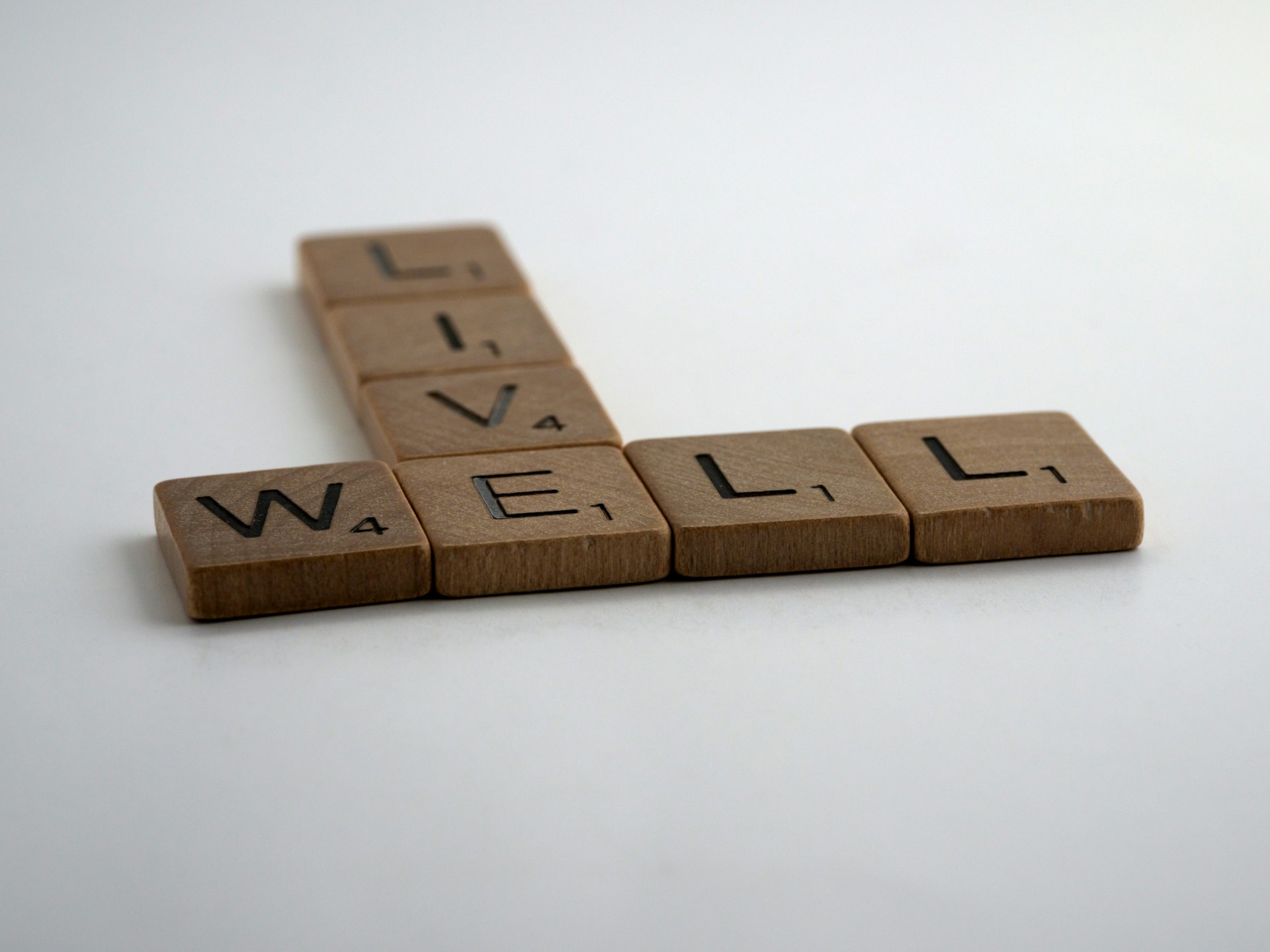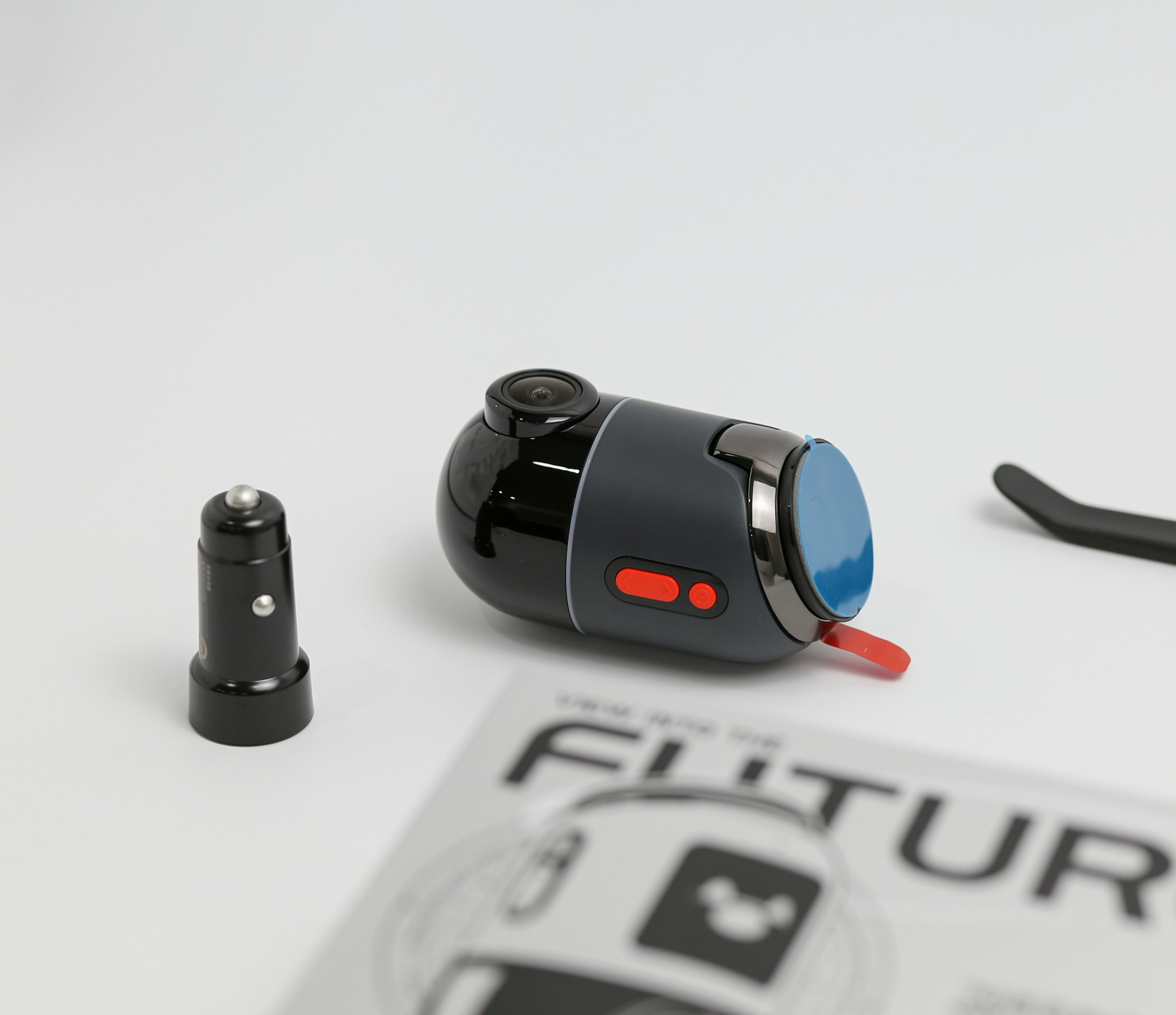Transform Your Well-Being with Caffeine-Free Lifestyle Choices

Photo by Laura Filip on Unsplash
Introduction: Why Consider a Caffeine-Free Lifestyle?
Many adults rely on caffeine daily, whether in the form of coffee, tea, energy drinks, or soft drinks. While caffeine offers a temporary energy boost, choosing a caffeine-free lifestyle can yield a range of health and wellness benefits. This article explores the science-backed advantages of living caffeine-free, shares actionable strategies for making the transition, and provides guidance on overcoming common challenges. If you are curious about improving your sleep, reducing anxiety, or simply seeking a more balanced life, these insights can help you make informed, sustainable choices.
Key Benefits of a Caffeine-Free Lifestyle
1. Improved Sleep Quality
Caffeine is a stimulant that can disrupt your natural sleep-wake cycle. Research shows that consuming caffeine even six hours before bedtime may cause restless sleep or delay the onset of sleep. By eliminating caffeine, many individuals experience deeper, more restorative sleep and wake feeling more refreshed. This improvement in sleep quality can enhance daytime focus, mood, and overall productivity [4] [1] .
2. Reduced Anxiety and Stress
Caffeine stimulates the release of stress hormones, such as adrenaline, which can make anxiety symptoms worse. Individuals prone to nervousness, heart palpitations, or panic attacks often notice a significant reduction in these symptoms after removing caffeine from their diet. Lowering caffeine intake can also help stabilize mood and decrease daily stress levels, especially for those with anxiety disorders [2] [4] .
3. Enhanced Nutrient Absorption
Caffeinated beverages such as coffee and tea contain tannins, compounds that may interfere with the body’s ability to absorb essential nutrients like calcium, iron, and B vitamins. This is especially important for individuals with dietary restrictions, older adults, or those at risk of nutrient deficiencies. A caffeine-free lifestyle can optimize nutrient uptake and promote stronger bones, healthier blood, and better overall nutrition [1] [2] .
4. Healthier Teeth and Oral Health
Coffee, tea, and cola are well-known for staining teeth and eroding enamel due to their acidity and tannin content. By avoiding these drinks, you may notice whiter teeth, stronger enamel, and a reduced risk of tooth decay. This benefit is particularly relevant for anyone who prioritizes dental hygiene or is prone to dental issues [4] [1] .
5. Balanced Hormones and Menstrual Health
Emerging research suggests that caffeine can influence hormone levels, particularly estrogen in women. High caffeine intake may disrupt hormonal balance, potentially affecting menstrual cycles, menopause symptoms, and conditions like endometriosis. Women seeking to manage hormonal fluctuations or reduce menopause symptoms may benefit from a caffeine-free approach [1] [2] .
6. Lower Blood Pressure and Heart Health
Caffeine acts as a stimulant, temporarily raising blood pressure and increasing heart rate. Over time, high intake may contribute to cardiovascular strain. Those with high blood pressure or a family history of heart disease may find that a caffeine-free lifestyle supports better heart health and stable blood pressure [4] [2] .
Making the Transition: Step-by-Step Guidance
Step 1: Assess Your Caffeine Intake
Begin by tracking all sources of caffeine in your daily routine, including coffee, tea, energy drinks, sodas, chocolate, and some medications. Understanding your total intake helps you plan a gradual reduction to minimize withdrawal symptoms.
Step 2: Reduce Gradually
Sudden caffeine withdrawal can lead to headaches, fatigue, irritability, and brain fog. To make the process smoother, decrease your intake slowly over several days or weeks. For example, reduce by one cup per day or substitute half-caffeinated options before switching to decaf or herbal alternatives [4] .
Step 3: Choose Caffeine-Free Alternatives
Explore herbal teas (such as chamomile, rooibos, or peppermint), naturally caffeine-free beverages, or simply increase your water intake. Some coffee shops offer a variety of decaf or caffeine-free drinks, and supermarkets stock numerous herbal tea blends. If you miss the ritual of coffee, try roasted chicory root or barley beverages, which offer a similar experience without caffeine.
Step 4: Manage Withdrawal Symptoms
Common withdrawal symptoms include headaches, drowsiness, and decreased concentration. These usually peak within a few days and subside within one to two weeks. Combat symptoms by staying hydrated, getting plenty of sleep, and maintaining a balanced diet. Light physical activity and spending time outdoors may also help boost natural energy levels [3] .

Photo by hello aesthe on Unsplash
Step 5: Build Sustainable Habits
Create new morning or afternoon rituals that don’t revolve around caffeine. This could mean starting your day with a nutritious breakfast, practicing mindfulness, or engaging in light exercise. Journaling, listening to music, or socializing can also provide the mental boost that caffeine once supplied. Consistency is key: the longer you maintain a caffeine-free lifestyle, the more natural energy and mental clarity you will experience.
Real-World Examples and Success Stories
Many individuals who go caffeine-free report lasting positive changes. For instance, a year-long journey without caffeine documented on YouTube highlighted benefits such as more stable mood, increased productivity, and better emotional connections. The individual described initial withdrawal challenges but found that over time, authentic energy and clarity replaced artificial stimulation. Such stories underscore that while the transition may be difficult, the rewards are substantial and sustainable [3] .
Potential Challenges and How to Overcome Them
Switching to a caffeine-free lifestyle is not without difficulties. Common hurdles include social pressures, habitual routines, and withdrawal symptoms. To overcome these, set clear personal goals, seek support from friends or online communities, and remind yourself of the long-term benefits. If you encounter setbacks, treat them as learning experiences and adjust your strategy accordingly. Persistence and adaptability will help you achieve your goals.
Alternative Approaches to Energy and Focus
If you are concerned about losing the energy boost that caffeine provides, consider alternative strategies. Regular exercise, adequate hydration, and a balanced diet rich in whole foods can promote natural energy. Mindfulness practices, such as meditation or deep breathing, can enhance focus and reduce stress. You might also experiment with time management techniques to maximize productivity without reliance on stimulants.
How to Find Support and Further Resources
If you are seeking additional guidance, consider speaking with a healthcare provider, registered dietitian, or mental health professional about your goals. They can help you tailor a caffeine-free plan suited to your needs, especially if you have underlying health conditions. For trustworthy advice, look for information on reputable health websites, such as Healthline, MedicineNet, or the Mayo Clinic. You may also find support groups or online forums by searching for “caffeine-free lifestyle community” or “caffeine withdrawal support.” Remember to always verify that any program or product you consider is reputable and evidence-based.
Summary and Key Takeaways
Choosing a caffeine-free lifestyle can lead to improved sleep, reduced anxiety, better nutrient absorption, and a host of other health and wellness benefits. While the transition may be challenging, adopting gradual changes, seeking alternatives, and building new habits can help you succeed. There is no one-size-fits-all approach, so experiment to discover what works best for you. By making informed choices and accessing reliable resources, you can experience the lasting rewards of a caffeine-free life.
References
MORE FROM mysearches.ai













